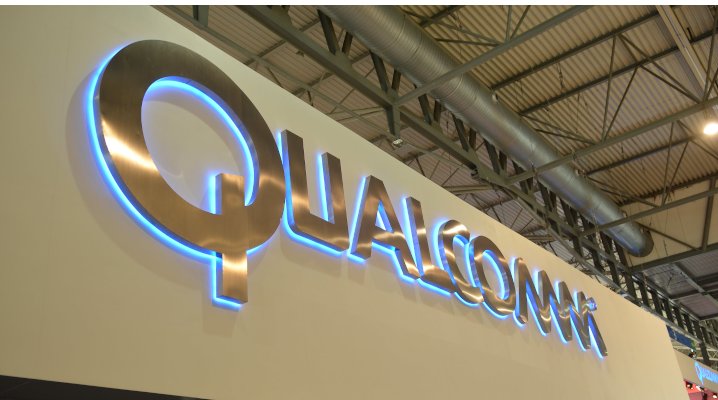 IOT
IOT
 IOT
IOT
 IOT
IOT
Qualcomm Inc. will ship a new modem chip for so-called internet of things devices this year that measures smaller than a dime and is touted as the most power-efficient product in its category.
The chip, descriptively named the Qualcomm 212 LTE IoT Modem, was announced on Thursday. It’s designed to enable internet access on connected devices that need to operate for long time periods using a limited amount of electricity. Agricultural sensors, smart parking meters and package tracking devices are some of the systems that could potentially make use of the chip.
The Qualcomm 212 LTE IoT Modem is a 10-by-10-millimeter die with less than a third the surface area of a dime. It consists of a single-core processor based on Arm Ltd.’s Cortex M3 chip blueprint, radio frequency communications modules, an onboard pool of memory and power management units.

212 LTE IoT Modem
Qualcomm claims that the chip’s small footprint allows it to run in devices with a power supply level as low as 2.2 volts. For comparison, a standard wall socket provides 120 volts of electricity. When the Qualcomm 212 LTE IoT Modem (right) is in sleep mode, it requires less than a micro-amp of current, which can help increase the battery life of devices such as sensors that only transmit data periodically and don’t use their built-in modem most of the time.
The chip uses the NB2 protocol for data transmission. NB2 is a wireless communications standard, much like LTE and 5G, specifically designed for connected devices.
Vieri Vanghi, a vice president with Qualcomm’s European division, said in a statement that the Qualcomm 212 LTE IoT Modem could prove especially suitable for use cases “requiring connectivity deep within buildings combined with low power use, like battery-powered IoT devices that need to operate for 15 years or longer in the field.”
Qualcomm expects to make the chip commercially available in the second half of this year. AT&T Inc. and German carrier Deutsche Telekom AG, the main stakeholder of T-Mobile USA Inc., said they will work with the chipmaker to certify the modem for use on their networks.
The chip harnesses the so-called NB2 protocol for data transmission. NB2 is a wireless communications standard, much like LTE and 5G, that is specifically designed for low-power connected devices.
Major carriers worldwide offer specialized wireless plans geared toward enterprises operating IoT deployments. A number of startups have joined the fray too, seeing an opportunity to provide networking services for the 41.6 billion connected devices International Data Corp. expects to come online by 2025. One of the newest entrants is Skylo Technologies Inc., which exited stealth mode this year with $116 million in funding to build a satellite internet network for IoT deployments.
THANK YOU